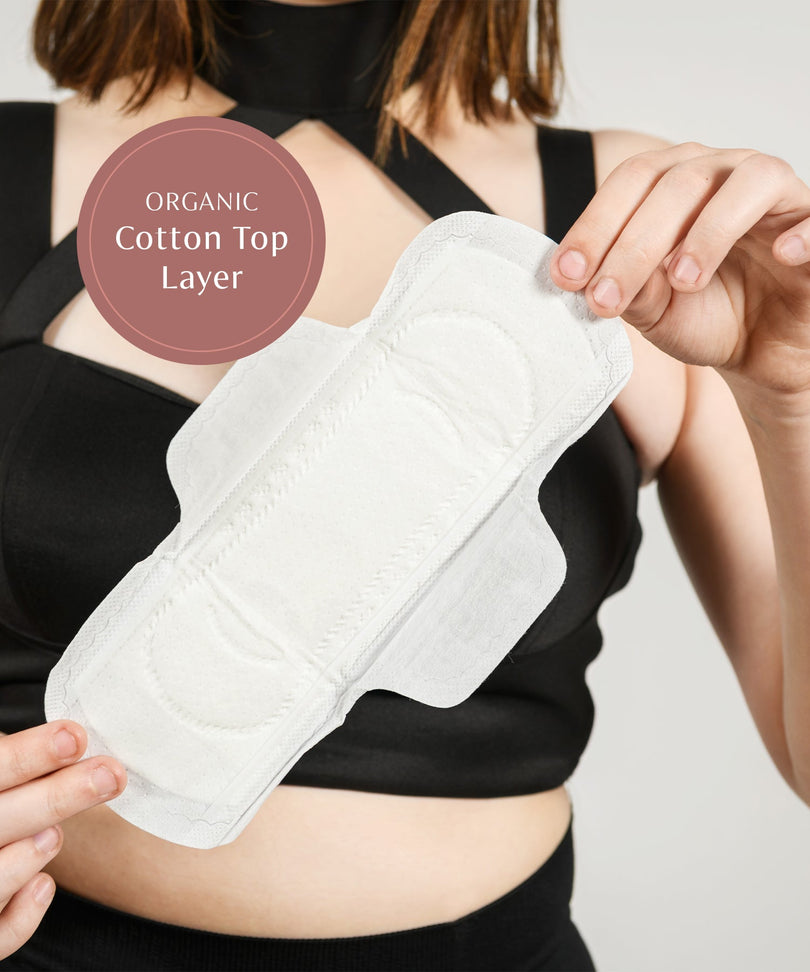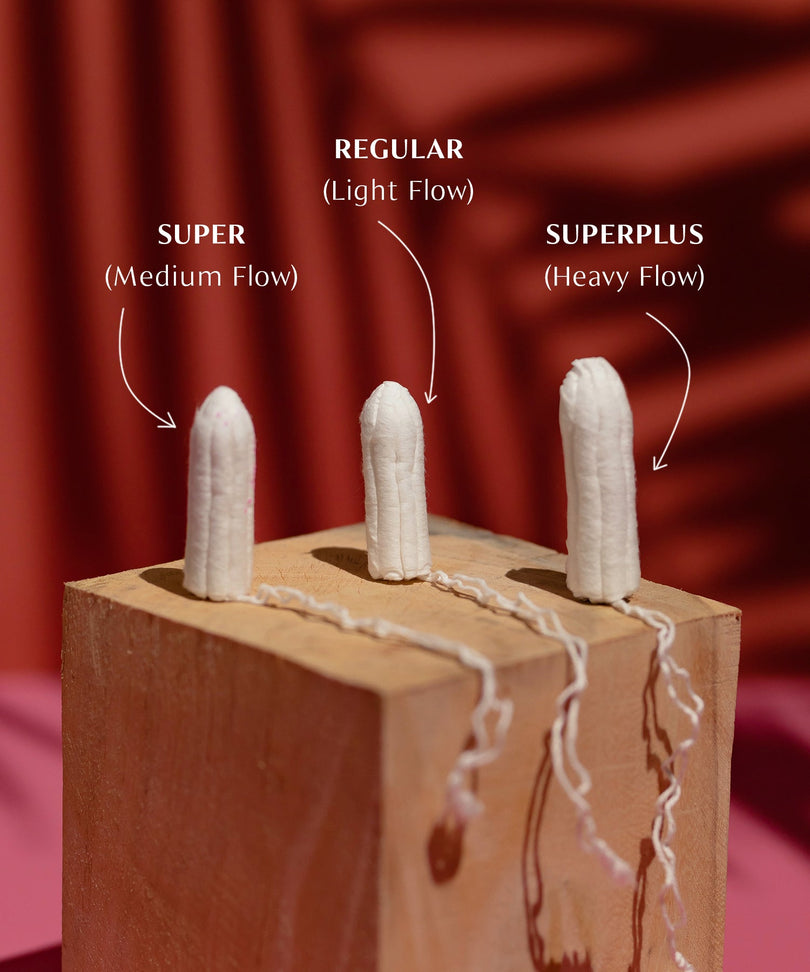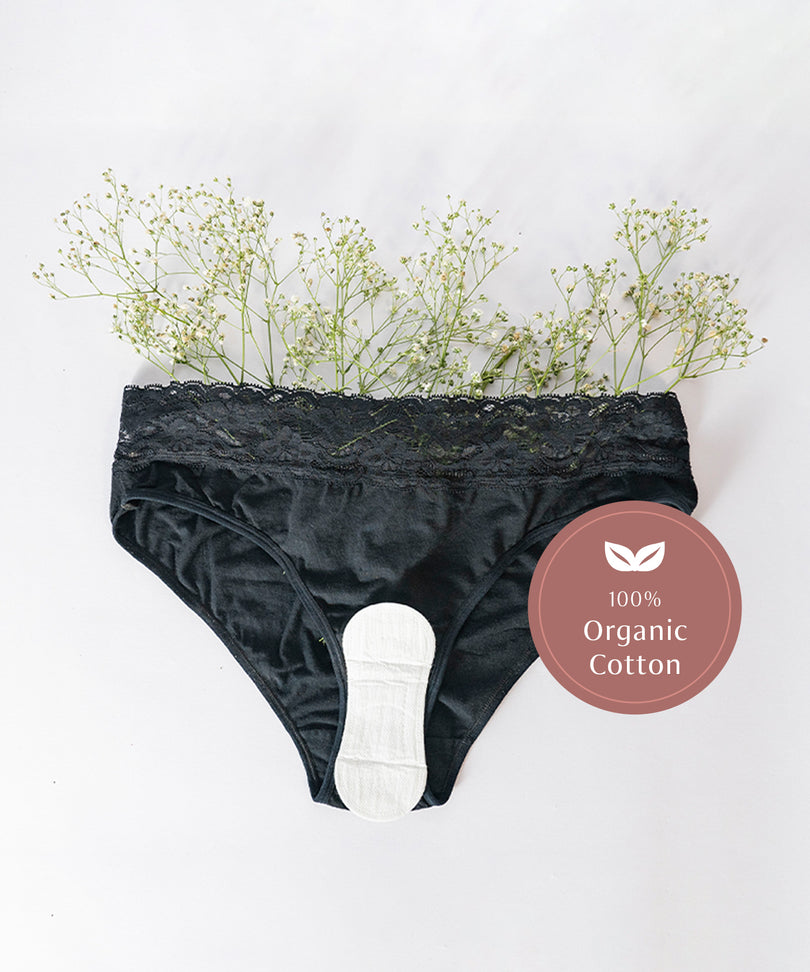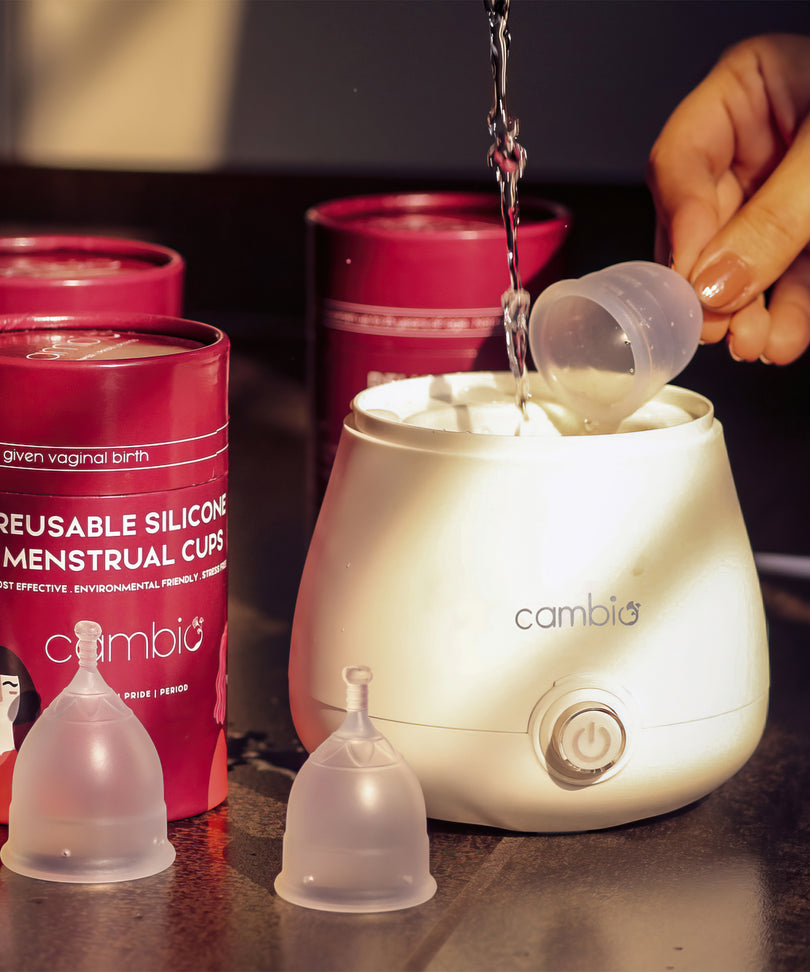Whether you’re a teacher, a nurse, a graphic designer, or a software developer, managing your periods during working hours can be difficult. The pain may be too severe for you to continue working. It can be tricky to change your period products on time during demanding hours.
By following these tips, you can prioritise both your hygiene and your work.
Planning in advance
Being unprepared for your period on a workday can be frustrating. Asking around or looking for a spare pad, bleeding through an important meeting, or staining your favourite work outfit are all unpleasant situations you surely wouldn’t want to find yourself in.
By tracking your period and being aware of your PMS symptoms, you can somewhat predict the start date of your next period. While this date won’t be entirely accurate, it can help you mentally and physically prepare for another period. When your period date is approaching, keep your preferred period products in handy.
You can choose to leave a few pads/tampons at your desk drawer/locker at work or keep them in your bag. Packing a fresh change of clothes and underwear can also help you feel more secure in case of mishaps or emergencies.
If you use a menstrual cup, you can wear it on the morning you expect to get your periods. Plan out where and when you can empty and rinse the cup that fits your work schedule beforehand.
Choosing the right period products
The comfort and efficiency of managing your periods at work depend on the products you use, and the best products are influenced by your line of work and the activities you do daily. Some period products are more suitable for some professions than others.
If you work a desk job and prefer using pads, pads are probably the way to go as long as you have a clean washroom to change them, and a dustbin to dispose of them in.
Tampons can also be used in place of pads for those who prefer them. However, they are ideal for jobs in which discretion and mobility are priotised. Tampons are mostly used by models, fitness coaches and athletes.
A menstrual cup is most ideal for jobs with limited break times or sparse availability of clean bathrooms. They are best for teachers, healthcare workers, lab works, athletes, or any job that involves long travel hours.
Pain Management
There’s a variety of pain management options you can choose from depending on the severity of your pain and the requirements of your job.
- Herbal Teas - Sipping on warm herbal teas like chamomile, peppermint or ginger tea can decrease your pain sensitivity. Avoid caffeinated beverages like coffee and chai as they can worsen your cramping.
- Heat Therapy - Heat pads or a hot water bag can relax your sore muscles. A hot water bag is best for desk jobs or remote working jobs in which you are not as conscious of your appearance at your workstation. A heat pad is more discrete as it can be worn under your clothes.
- Pain Medication - Over the counter pain meds like paracetamol or ibuprofen can be used to help with your pain and inflammation. If the pain you experience is severe and stops you from concentrating on your work tasks, you should visit your doctor, who can prescribe you a more effective pain medication.
- Stay Hydrated - Drinking enough water not only reduces your period cramps but also helps with other symptoms like bloating and headaches. If your periods are heavy, drinking water will help replace the fluids you lose and prevent dehydration.
Also read - Drinks that are good during periods
Flexible Working
While your periods don’t have to get in the way of you showing up to work, it’s reasonable to admit that dealing with menstruation can hamper your regular workflow and productivity. It’s totally valid to consider making changes to your work schedule to allow for your recovery. These choices can include:
- Working from home on the heaviest day(s) of your period
- Delegating some of your work to your colleagues
- Scheduling long meetings before or after the heaviest days of your periods
- Holding meetings with clients or colleagues online instead of in person
Get Moving
Sitting in one place throughout the day can cause your muscles to get tight, which can increase soreness. By staying active at work during your breaks, you can help ease cramps and promote better and sharper brain function. Here are some ideas to get active at work:
- Take a short walk during your lunch break or in between huge tasks
- Perform some desk stretches sitting on your chair, or some other gentle stretches to open up tight neck, back and leg muscles
- Use the stairs when you get the chance
- Take your work calls while walking around
Read more
Period poverty affecting millions of women









